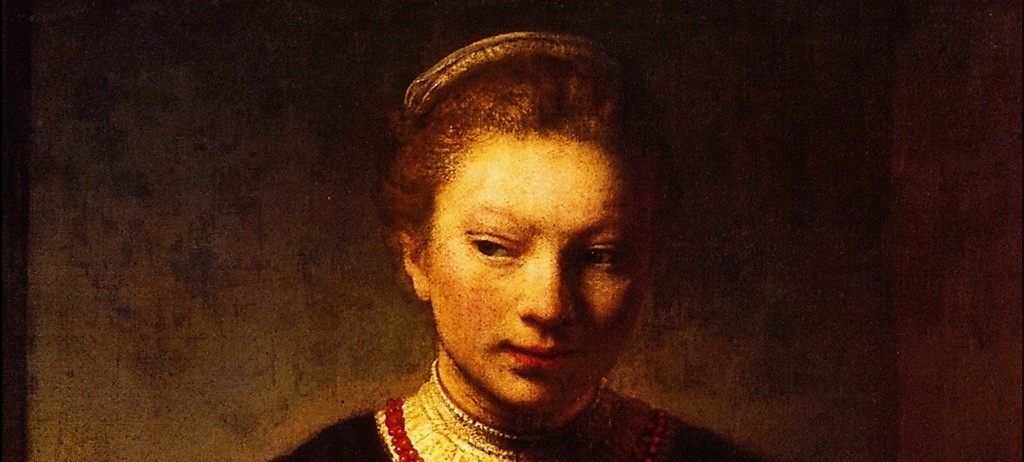A Right Basis for Observing Oneself
With self-observation, as in everything, the beginning is important and needs to be on the right basis. One has to be very careful what one calls “I”. Basically, practically everything we can observe is actually not “I”. Of course, there is a real “I” in each person, but it manifests so seldom in us that it is not practical to speak about it.
Self-observation means observing oneself impartially, rather than basing observations on one’s likes and dislikes. It means observing the four functions–intellectual, emotional, moving, and instinctive. Self-observation also means observing the habits of these functions. To do this, one must invent small obstacles to interrupt the habits.
The Fourth Way sets a prerequisite to all self-observation – agreeing with oneself not to express negative emotions. In this effort one observes constant changes of our state of consciousness. At any one time we are closer to the first state, and at another time, closer to the third state.
When observing, it is important not to judge what we observe, but instead take a neutral point of view. We simply record what we have seen, taking a mental photograph. When we judge ourselves, we stay on the level of subjective likes and dislikes and cannot begin to be objective. Of course, we probably cannot simply stop the judgment I’s. It is more a question of not believing them.
More on this topic and related areas of work on oneself to reach higher states of consciousness can be found on David’s Facebook community page:
https://www.facebook.com/Gurdjieff-Ouspensky-Self-observation-790636947743964/
